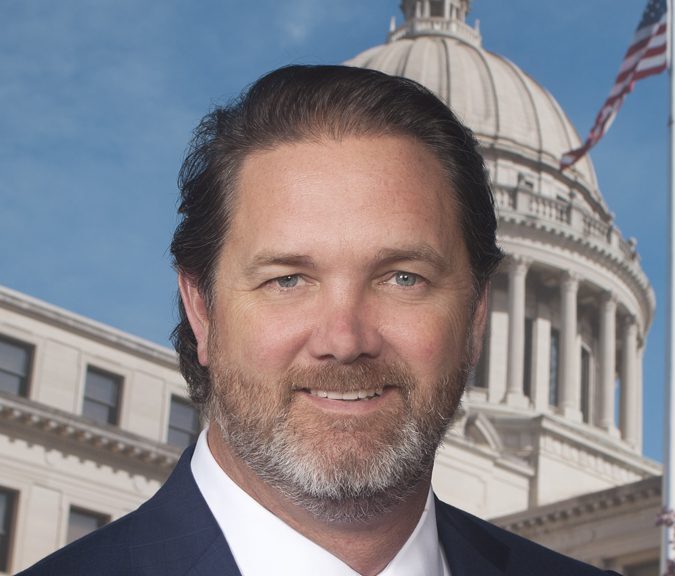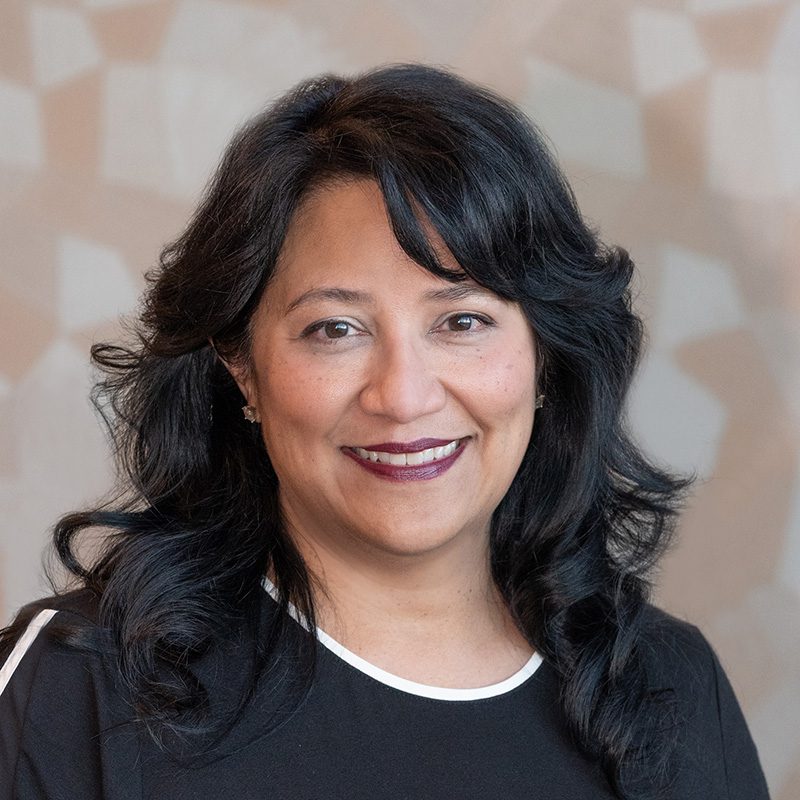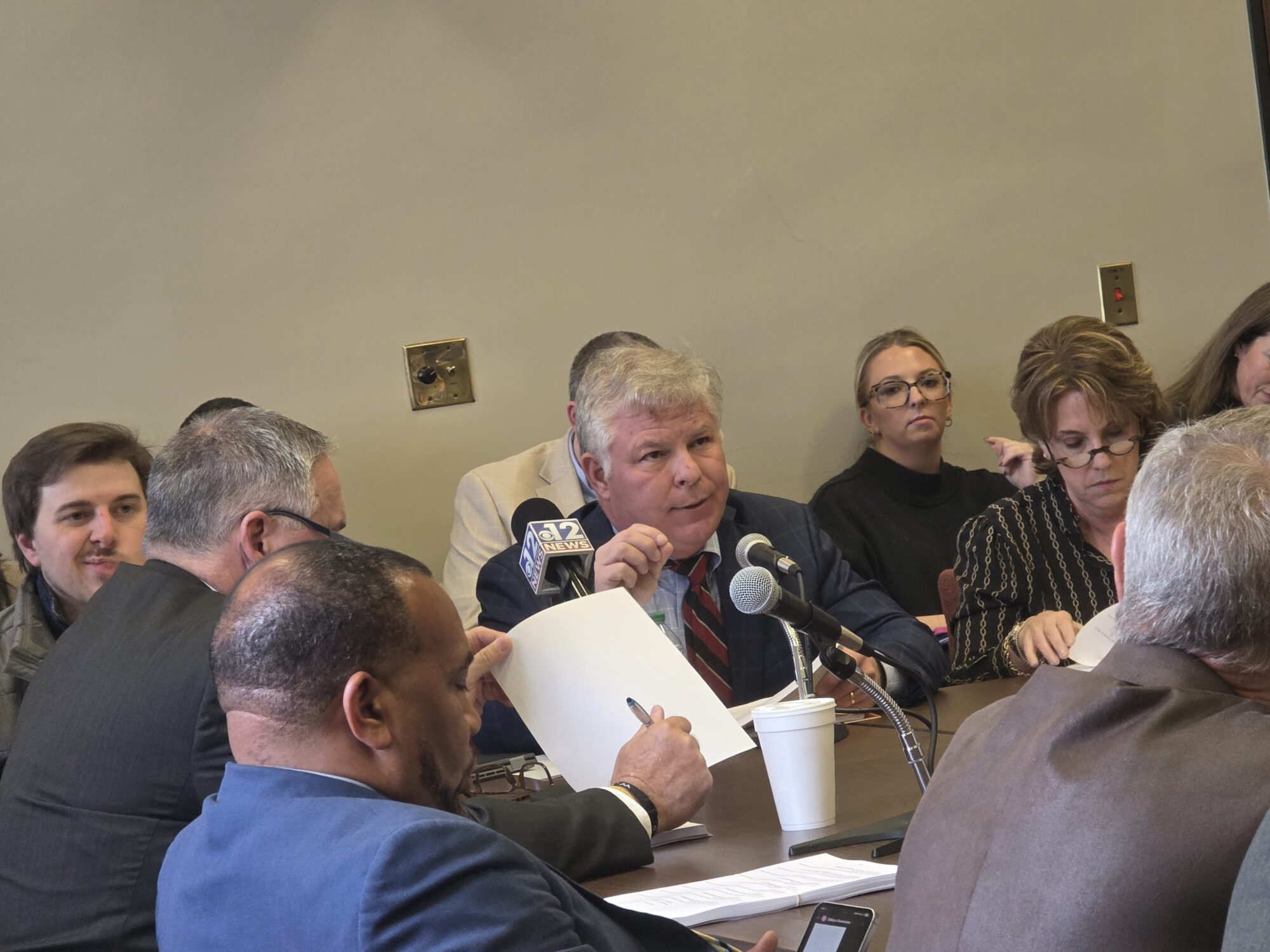
Matt Ladner believes Mississippi lawmakers should join the growing ranks of states embracing this stance in expanding schooling options for Magnolia State families.
John Stuart Mill devoted a chapter of On Liberty to education and strongly warned of the dangers of culture wars over schooling. In fact, John Stuart Mill described diversity of education to be of “unspeakable importance.” Mill further warned:
A general State education is a mere contrivance for moulding people to be exactly like one another: and as the mould in which it casts them is that which pleases the predominant power in the government, whether this be a monarch, a priesthood, an aristocracy, or the majority of the existing generation, in proportion as it is efficient and successful, it establishes a despotism over the mind, leading by natural tendency to one over the body.
Mill went on to describe a never-ending conflict of various factions to control the “mould” needed to shape young people into their preferred image.
While most European countries allowed for a pluralistic system of schooling with both religious and secular options, we Americans ignored Mill and went about setting up “general state educations.”
During the COVID-19 pandemic, American parents got a look into classrooms while peering over the shoulders of their child’s Zoom class. Many did not like what they saw.
Controversies over curriculum have been roiling ever since. Large swaths of parents strongly object to their children being “moulded” by left of center curriculum, historical interpretations, and ideologies.
American public schools have largely (although not entirely) been subject to “regulatory capture” over the past half century. School board elections have low rates of voter turnout (often single digit rates) and low visibility.
A vast majority of Americans could not tell you how many board members the district they live in has or who currently holds the unknown number of seats. A vanishing fewer still could correctly attribute an actual policy position to any of the current members.
Low turnout and visibility elections enable unions and associations to exercise a great deal of influence over the composition of school boards. Increasingly, American teacher unions have strong ideological ties to left-wing causes. Thus, when Zoom-school provided a window into American classrooms, many Americans felt deeply uncomfortable with what they saw.
Some district leaders wisely attempted to calm such controversies by emphasizing that they taught state academic standards rather than political agendas. The unions, however, eventually dove headlong into the controversies.
For example, over the course of a few months, American families were treated to claims that Critical Race Theory did not exist, then that it was an obscure theory discussed in law schools. Finally, the unions settled on the notion that Critical Race Theory was “real history” and that it was entirely appropriate to impose it.
Meanwhile, the National School Board Association lobbied federal authorities to brand parents protesting at school board meetings as “domestic terrorists.” This angered parents and ended poorly for the Association after many states withdrew their state chapters from the organization.
Some families have decided to fight back to contest union influence over school districts. The best solution remains what John Stuart Mill advocated long ago: pluralism. America is a diverse country with divergent views on what constitutes an appropriate and a high-quality education.
Lawmakers in ten states (Arkansas, Arizona, Florida,Indiana, Iowa, North Carolina, Ohio, Oklahoma, Utah, West Virginia) have created or expanded choice programs to allow parents to choose the type of education that best suits their child.
Parents in these states will choose between district, private, religious, and secular private schools. Students in these states are using their choice programs to hire tutors, to attend college courses, and for special education therapies.
Most students continue to attend district schools, but every student in these states will have an opt-out if their families feel they need it. There is no problem with American diversity per se, but rather with factions who want to impose their beliefs on unwilling families. Choice programs create an elegant opt-out which can reduce social conflict.
“Diversity. Pluralism. Variety…” the late Senator Daniel Patrick Moynihan wrote in 1978. “We cherish these values, and I do not believe it excessive to ask that they be embodied in our national policies for American education.”
Mississippi lawmakers should join the growing ranks of states embracing this stance in expanding schooling options for Magnolia State families.








